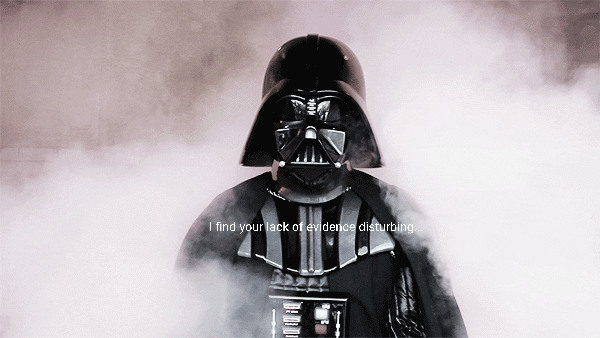
This is an annual get together for Therapists of all kinds – Physiotherapists, Chiropractors, Massage Therapists – all of those with an interest in helping people through some kind of manual therapy.
A great opportunity to listen to talks, to catch up with leaders of our industry, to chat with colleagues – to take advantage of education.
It isn’t just that, though, as manual therapy has its limitations, and so has some of the education behind it.
What are those?
Well, most of the things ‘done’ tend to have short term effects.
There are a great many ‘techniques’ used, all of which are claimed by some to be the best and greatest to ‘fix’ people.
There is a bewildering array of equipment used to perform these ‘techniques’ which invariably cost a decent amount of money!
The problem with all of the above? Education.
We do not, and simply cannot know that what we do as manual therapists is the reason for someone feeling better.
The human body is extremely complex and to make a claim that we can just lay hands on someone and ‘abracadabra, you’re fixed’ just does not hold up.
Yes, we CAN have an effect; we as humans like to be touched and to feel safe, and so we react well to someone trying to help us in that manner.
But unless we can reliably KNOW what the underlying issue is, we can only do our best to work with you, the client.
Many claims are made about techniques and modalities (the type or treatment used, for example, acupuncture). Very few, if any, have any reliable scientific evidence for the claims made about them.
Now, that isn’t to say that they can’t have an effect, but that the CLAIMS made are questionable in some cases, and downright lies in others.
Back to that complex human body again.
If the techniques and modalities are questionable, then the same can be applied to the equipment.
Can work, some things can be evidenced, many cannot.
So, education is the thing. Honesty, even, if you like.
The language that we use when discussing the effect of manual therapy needs to be very controlled. We should not ever make false claims.
That means that we have to be able to evidence what we say. If we can’t evidence it, then we don’t say it.
The same thing applies to pain. This is such a complex subject and is as individual as it gets.
One person’s pain is theirs and theirs alone.
There is no magic formula for taking pain away. No specific technique, or tool, or type, that we can make claims about.
We have to be extremely mindful of how we speak to clients, as we don’t want to give them false hope. And that comes back to education.
Therapists, no matter what they are classified are, have a DUTY to keep themselves up to date with the most up to date education we have. There are no excuses, no ‘but in my experience’, no ‘well this is what I was taught’. That simply isn’t good enough.
We need to keep educating ourselves in order that we can help, and educate those who wish it. We fail in our duty of care if we do not.

